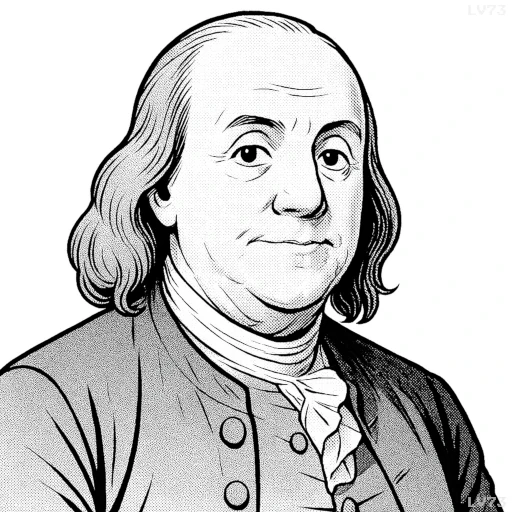“He that composes himself is wiser than he that composes a book.”

- January 17, 1706 – April 17, 1790
- American
- Polymath, Founding Father of the United States, Inventor, Diplomat, Writer
table of contents
Quote
“He that composes himself is wiser than he that composes a book.”
Explanation
In this quote, Benjamin Franklin draws a distinction between self-mastery and intellectual accomplishment, asserting that the former is of greater wisdom. The phrase “composes himself” refers to achieving inner control, balance, and emotional discipline, while “composes a book” symbolizes scholarly or literary achievement. Franklin suggests that personal virtue and self-regulation are more valuable than public recognition or outward accomplishments.
This sentiment aligns with Franklin’s broader commitment to moral improvement and practical philosophy. Throughout his life, he emphasized the cultivation of character—famously creating a list of thirteen virtues he sought to live by, including temperance, humility, and resolution. In the Enlightenment context, while reason and learning were celebrated, Franklin’s quote reflects the belief that true wisdom begins with the governance of one’s own thoughts and actions.
In the modern world, this message continues to resonate. Someone may achieve fame, publish influential works, or accumulate knowledge, yet still lack emotional intelligence or personal stability. Franklin reminds us that internal harmony, integrity, and self-discipline are the foundations of meaningful wisdom, often more difficult to attain—and more important—than outward success.
Would you like to share your impressions or related stories about this quote in the comments section?


